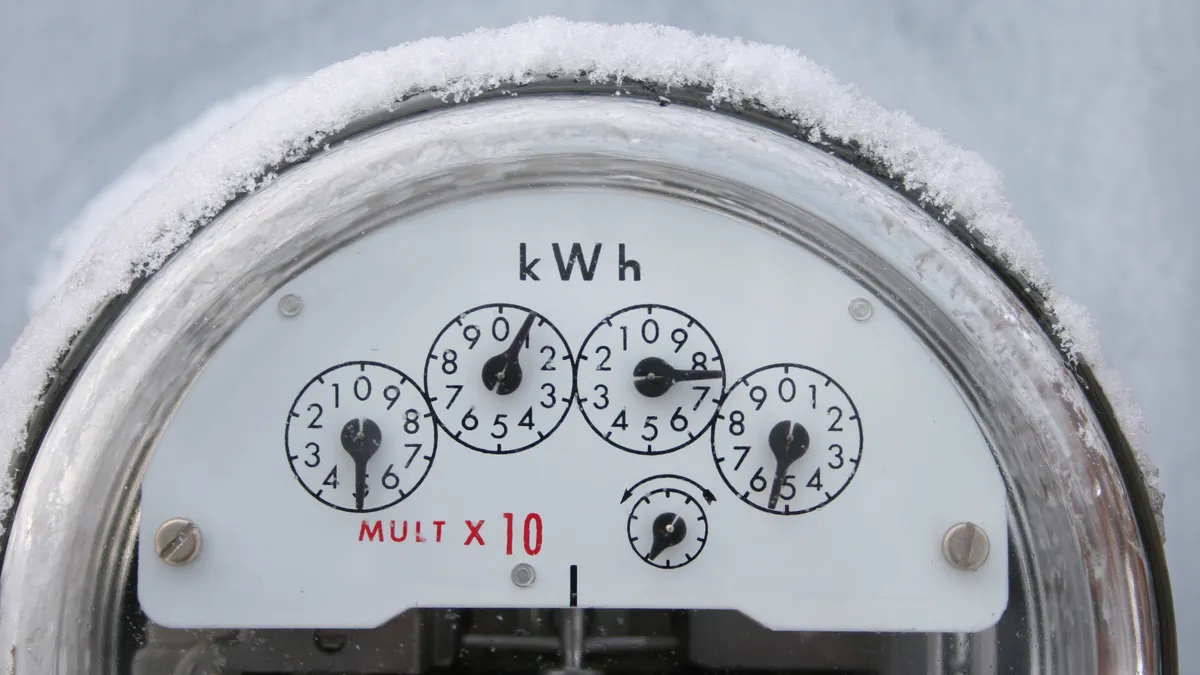New Jersey’s residential customers face electricity bill hikes of up to 20% beginning in June based on the results of a just-held electricity supply auction, the New Jersey Board of Public Utilities said Wednesday.
The results of the “Basic Generation Service” annual auction are mainly driven by the PJM Interconnection’s most recent capacity auction, according to Christine Guhl-Sadovy, BPU president. Increasing electricity demand and a lack of new power supplies due to lagging generation interconnection are also factors in the auction’s results, she said in a press release.
The Basic Generation Service auction helps set the cost of electricity for most New Jersey residents and many businesses for a 12-month period starting June 1, the BPU said.
PJM’s capacity auction in July cleared at record-setting prices, according to Brian Lipman, director for the Division of Rate Counsel, which represents utility ratepayers.
“While some of that is due to an anticipated increase in the demand for electricity, most of the increase is due to PJM’s failure to fix its market rules or timely interconnect new generation supply,” Lipman said in the press release. “The Board’s authority is limited at the federal and regional level, but must carefully examine every state-level filing before it with an eye towards affordability.”
PJM’s last capacity auction sparked complaints at the Federal Energy Regulatory Commission by ratepayer advocates and others as well as proposals by PJM to change its capacity auction rules and to bring more power supplies online. New Jersey Gov. Phil Murphy joined other governors in pressing PJM for rule changes that would protect ratepayers from rising costs in upcoming capacity auctions.
PJM’s capacity prices reflect the fact that power supply is decreasing and demand is increasing, according to Jeffrey Shields, a spokesman for the grid operator. State decarbonization policies have driven resources off of the system while demand is increasing dramatically due to data center proliferation and the onshoring of the manufacturing industry, he said in an email.
However, the capacity price is just one component of overall pricing, Shields said. “Retail regulation and default procurement design and hedging certainly play a role in pricing,” he said. “Not all of PJM’s footprint is experiencing the price increases that New Jersey consumers have been experiencing in recent years.”
The BPU estimates that monthly electric bills for Public Service Electric and Gas residential customers will increase by 17.2% on average as a result of the agency’s electricity supply auction.
The agency expects Jersey Central Power & Light residential customers will see a 20.2% increase, Atlantic City Electric residential customers will see a 17.2% hike and Rockland Electric residential customers will have an 18.2% bill increase, on average.
The New Jersey auction results could be a sign of things to come for ratepayers in other PJM states, according to Paul Patterson, a Glenrock Associates equity analyst.
The BPU said the winning bidders for the residential and small commercial pricing auction are: Axpo U.S.; Boston Energy Trading and Marketing; BP Energy; ConocoPhillips; Constellation Energy Generation; DTE Energy Trading; Engelhart CTP (US); Five Elements Energy II; Hartree Partners; Macquarie Energy; and, NextEra Energy Marketing.
Editor’s note: This story has been updated to include PJM’s comments.















